Filter By
Name
Availability
Consultation Mode
Gender
Price Range
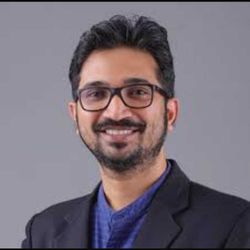
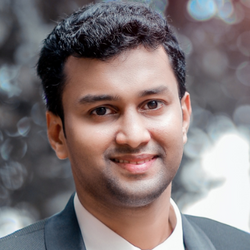

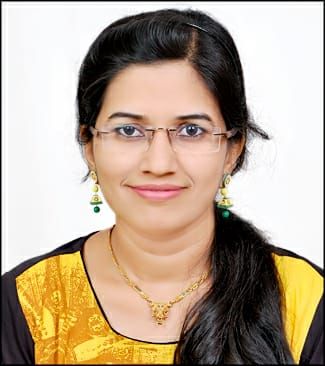


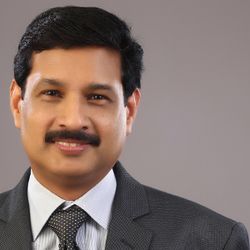










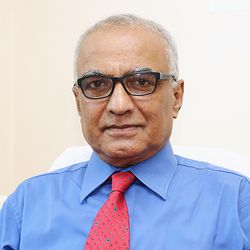
Head and neck diseases are diagnosed, managed, and treated by ENT/Otolaryngologists. Find the best ENT Specialists in your area.
Who is an ENT specialist/otolaryngologist?
An ENT specialist, also known as an otolaryngologist, is a doctor who specialises in ear, nose, and throat issues and diseases. Your regular physician may advise you to see an ENT specialist since an ENT specialist has greater experience and knowledge in the regions of the ear, nose, and throat than a general physician.
What diseases or medical conditions can be treated by ENT Specialists?
Only an ENT specialist can establish the proper diagnosis and deliver the necessary treatment for infections of the sinus, nose or ear infection, post nasal drip (buildup of mucus), nasal discharge that is discoloured, headaches, coughing, congestion, and stuffiness.
When should I visit an ENT Specialist?
Hearing loss, ringing in the ears (tinnitus), ear infections, ear pain, ear problems that affect your balance, and other ear conditions necessitate a visit to an ENT specialist. Congenital ear disorders are also treated by ENT doctors.
The following are examples of nose issues, nasal cavity and sinus issues, as well as any conditions that affect your olfactory sensation, physical appearance, or breathing, should all be treated by an ENT specialist. ENT specialists can diagnose and treat a wide range of throat problems, including those that interfere with eating, swallowing, digestion, or speech.
Head and neck issues: ENT doctors can treat trauma, tumours, diseases, and anomalies of the head, neck, and face. They can also aid with disorders involving the nerves in the head and neck that control vision, smell, hearing, and facial gestures.
What are the qualifications of an ENT Specialist?
ENT specialists should pursue a Master of Surgery (MS) in ENT or a Doctor of Medicine (MD) in ENT. To be admitted to the MD/MS programme, one must have completed the Bachelor of Medicine Bachelor of Surgery (MBBS) degree.
What tests does an ENT specialist do?
Your doctor will examine your external ear with various devices. ENT specialists will usually begin by using an auriscope/otoscope to examine the outer ear canal and also swab your ear for any discharge or wax. An ENT specialist then examines for any evidence of abnormality, such as changes in the form and size of the pinna, additional cartilage tags, irregular lesions, or neoplasia, to determine whether it displays any signs of damage. He'll also search for symptoms of external ear canal irritation and infection, as well as scars or signs from past surgeries. External ear and internal ear canal inspection, nose and throat inspection are also done by an ENT specialist. Doctors examine your nasal passages, airway resistance, and, in some cases, your whole sense of smell. The doctor also examines you for inflammation, sinusitis, and the position of your septum, among other things.
When it comes to the throat, your doctor will use a flashlight to perform a thorough check. The doctor looks for evidence of inflammation in the throat and tonsils, palpates the rear of your tongue for signs of a tumour, and so on. He'll also look for any masses or duct stones in the submandibular area on the mouth's floor.
What surgeries can be performed by ENT doctors?
Some operations that can be performed by ENT doctors are sinus surgery (procedure that involves the removal of the sinus), surgery for snoring and sleep disorders, surgery to correct respiratory problems, tonsillectomy etc. The ENT specialist examines the sinus openings for obstructive or odd growths or tissues, which are then removed, during endoscopic sinus surgery.
ENT - FAQ
1) Can an ENT specialist treat snoring problems?
Yes. The heavy snorer or positional snorer (obnoxious-snorers is treated with a nose, mouth, palate, and neck examination to identify and address the problem.
2) What are the factors that lead to hearing loss?
Hearing loss can be caused by a variety of factors, including ageing (tissue/nerve degeneration), genetics, trauma/injury from accidents, tumours, infections (middle ear), congenital defects, and drug side effects.
3) Do recurrent sinus infections are caused by allergies?
Infections can be triggered by allergies. The lining within the nose expands when it is exposed to chemicals to which a person is allergic. The swelling covers the sinuses' drainage apertures, causing mucus to build up. Sinusitis develops when mucus becomes stuck and infected.
4) What are the common causes for a nosebleed?
The most common causes of nosebleeds are colds, sinusitis, dryness, nose-picking, nasal medications, and trauma. In the elderly, high blood pressure is a reason.
5) Is an ENT known by another name?
Otolaryngology (ear, nose, and throat) is a medical speciality that focuses on the ears, nose, and throat. Otolaryngology is often called an ENT specialist.
6) Is there a difference between an audiologist and an ENT?
Although audiologists and ENT doctors deal with many of the same issues, an ENT doctor works with more complex medical difficulties, whereas an audiologist specialises in diagnosing hearing loss and employing technological solutions to help you manage and live with it.
Patient Services
Provider
All rights reserved by ShopDoc
A MobeedCare Pvt Ltd company
